In recent weeks, U.S. Health Secretary Robert F. Kennedy Jr. has stirred discussion and concern by moving forward with plans that could substantially alter the nation’s childhood vaccine schedule. His actions reflect a shift in how vaccine guidance is developed, evaluated, and communicated to the public.
What’s Happening
- Kennedy has dismissed all 17 members of the Advisory Committee on Immunization Practices (ACIP), the panel traditionally responsible for recommending and vetting childhood immunization schedules.
- A new vaccine advisory panel is being formed, with proposed members who are reportedly more skeptical of existing vaccine policies than those previously serving on ACIP.
- The revamped panel is scheduled to meet in mid-September to consider proposed updates to vaccine recommendations for children. These may include changes in timing, number of doses, and overall vaccine safety monitoring.
Key Issues & Controversies
- Promises vs Action
Kennedy originally pledged during his confirmation hearings not to change the childhood vaccine schedule. His decision to reexamine it has raised concern that that promise may not be honored in practice. - Public Trust & Transparency
Supporters of the change point to concerns about transparency, potential conflicts of interest, and whether vaccine data has been sufficiently scrutinized. Critics argue that disbanding the long-standing panel and replacing its members could weaken scientific rigor and erode trust in vaccine guidance. - Safety Monitoring
One component of the proposals involves bolstering systems for tracking adverse reactions to vaccines and increasing oversight on safety. There is also talk of integrating more observational studies to understand long-term effects and refine recommendations as more data becomes available. - Scientific Community Reaction
Many public health experts have voiced alarm. Some feel that questioning established vaccination schedules without strong new evidence risks undermining confidence in vaccines, especially among parents and vulnerable communities. Others call for clear criteria, peer review, and adherence to rigorous scientific standards in any changes made.
What This Could Mean
- Potential changes in schedule: Timing or number of doses for vaccines could be adjusted, possibly delaying some shots or changing which shots are mandatory at certain ages.
- Insurance and access implications: If certain vaccines are no longer recommended under ACIP-type guidance, insurance coverage could be affected, making some vaccines less accessible or more expensive for families.
- Public health outcomes: Modifications could impact disease prevention. If vaccine timing is changed improperly or coverage drops, it could lead to increased incidence of preventable diseases.
Broader Context
- These shifts are part of a wider policy initiative called “Make America Healthy Again” (MAHA), which seeks to address childhood illnesses, environmental exposures, and concerns over long-term health factors like chemicals and food quality.
- The push to reevaluate vaccine policy intersects with debates over vaccine safety, public health oversight, and government regulation in medicine.
Looking Ahead
As the new panel convenes, several things to watch:
- What new evidence or scientific studies are presented to justify any changes.
- How stakeholders—including pediatricians, infectious disease specialists, parents, and vaccine manufacturers—are involved.
- Whether the changes are incremental (fine-tuning) or fundamental (rewriting parts of the schedule).
- How the government will ensure transparency, independent review, and communication with the public to maintain trust.
Conclusion
The proposed changes to the U.S. childhood vaccine schedule under Robert F. Kennedy Jr. mark a critical moment in public health policy. Whether this ends as a cautious revision or a sweeping overhaul will hinge on how evidence-based, transparent, and inclusive the process proves to be. For many, the stakes are high—not just in terms of health logistics, but in preserving public confidence in vaccines.




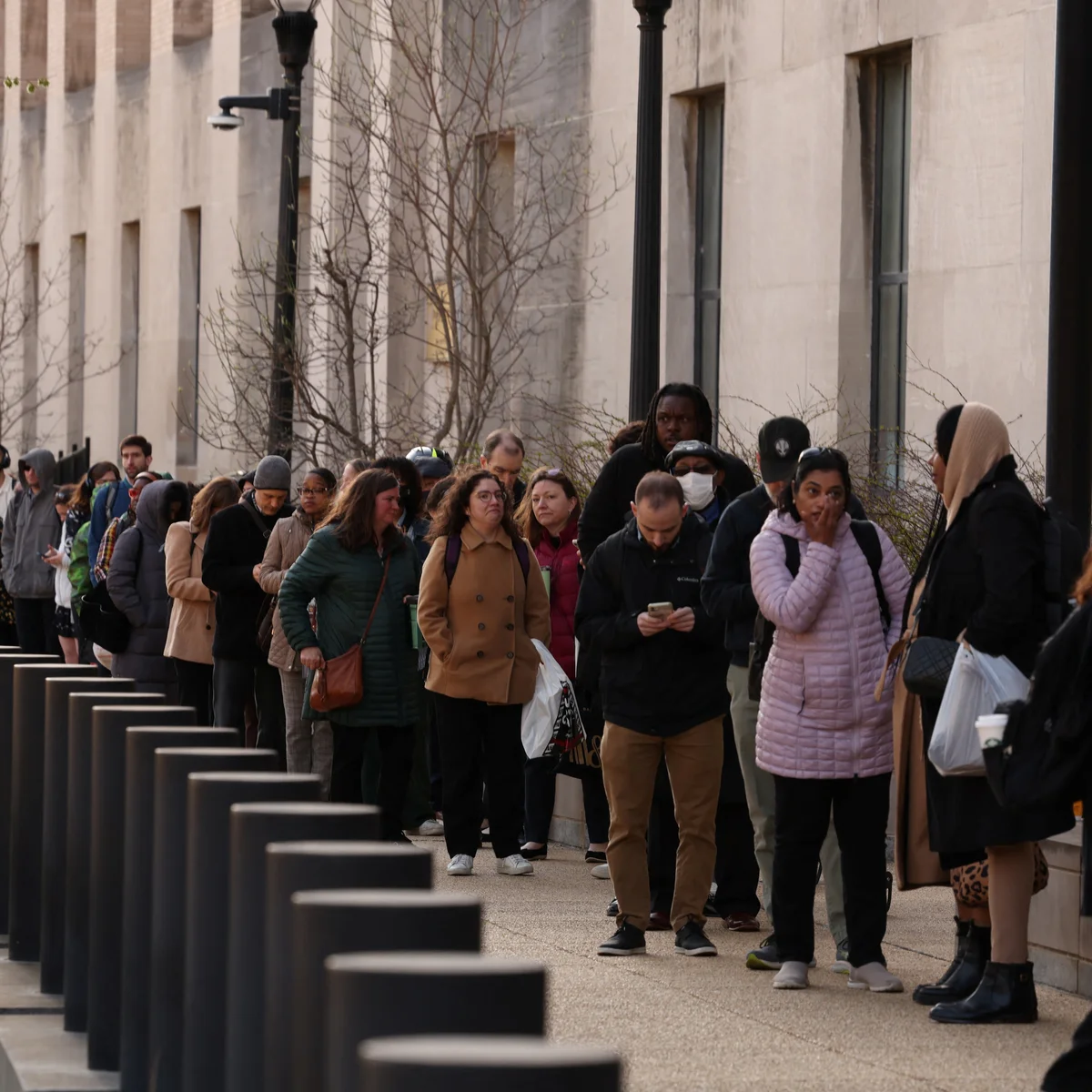

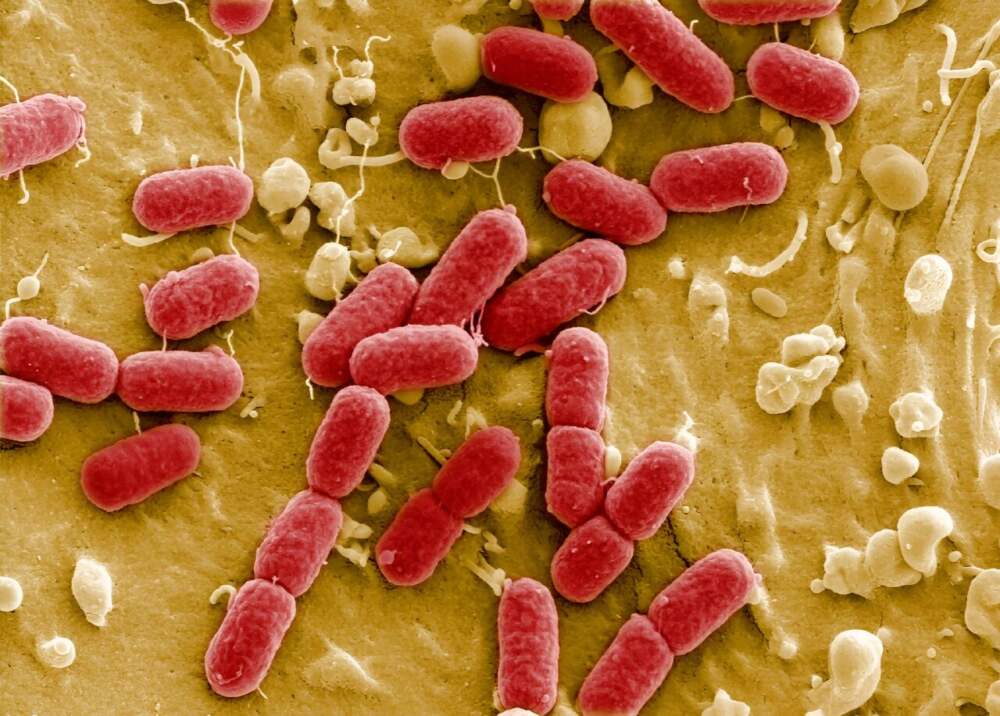
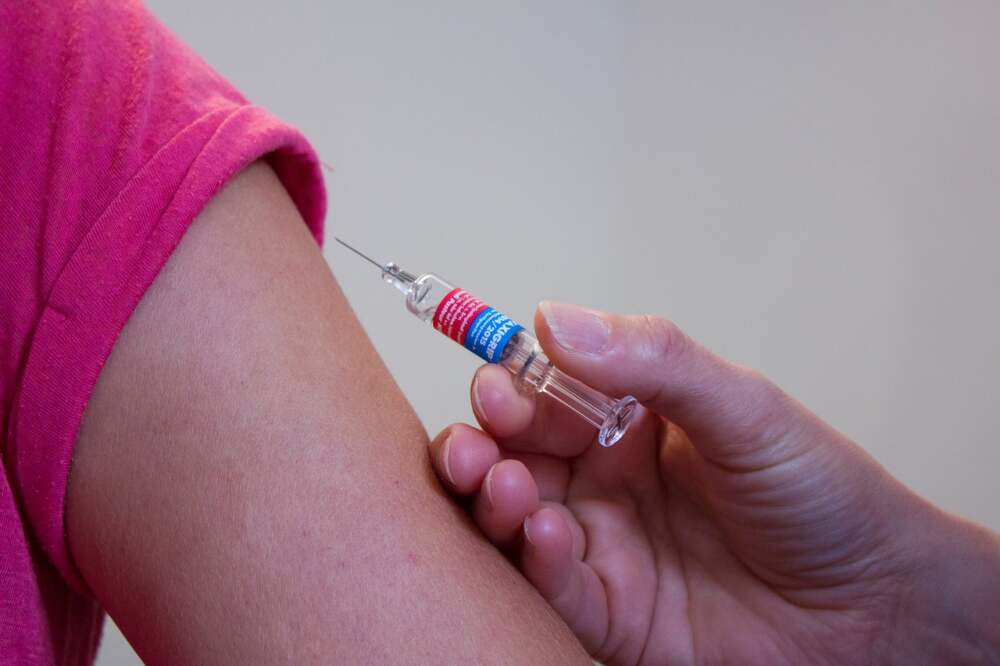

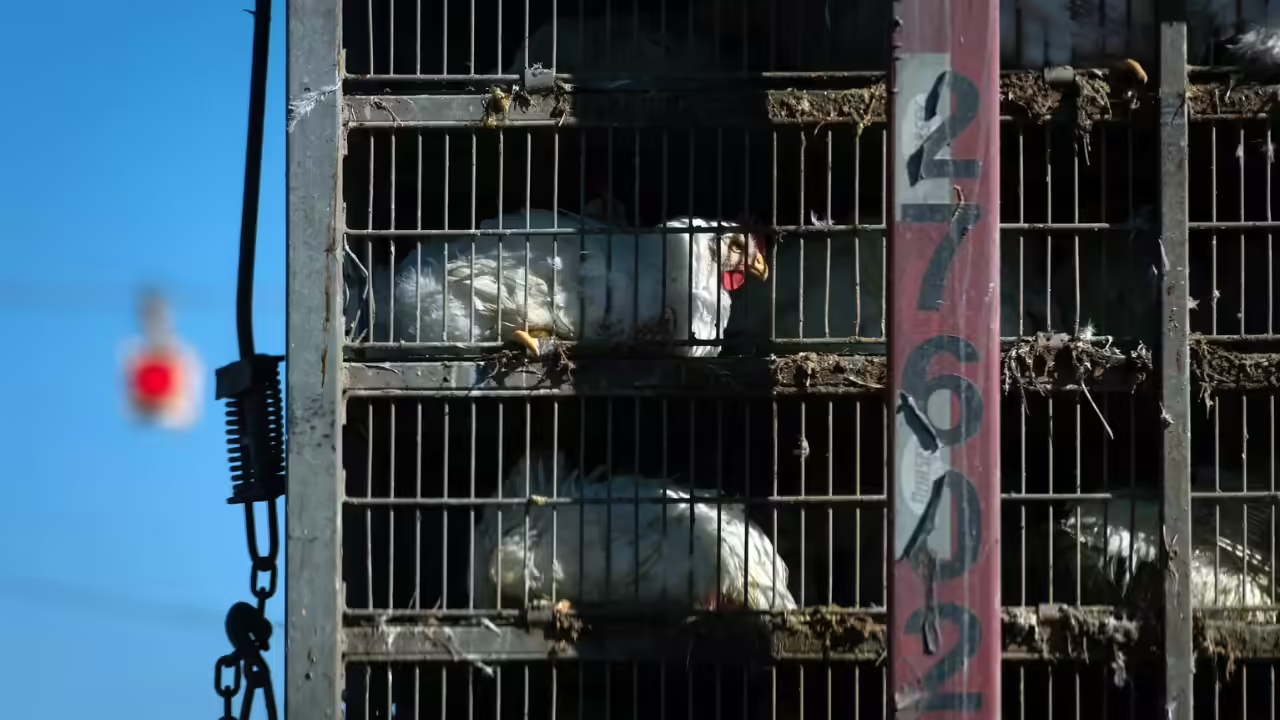

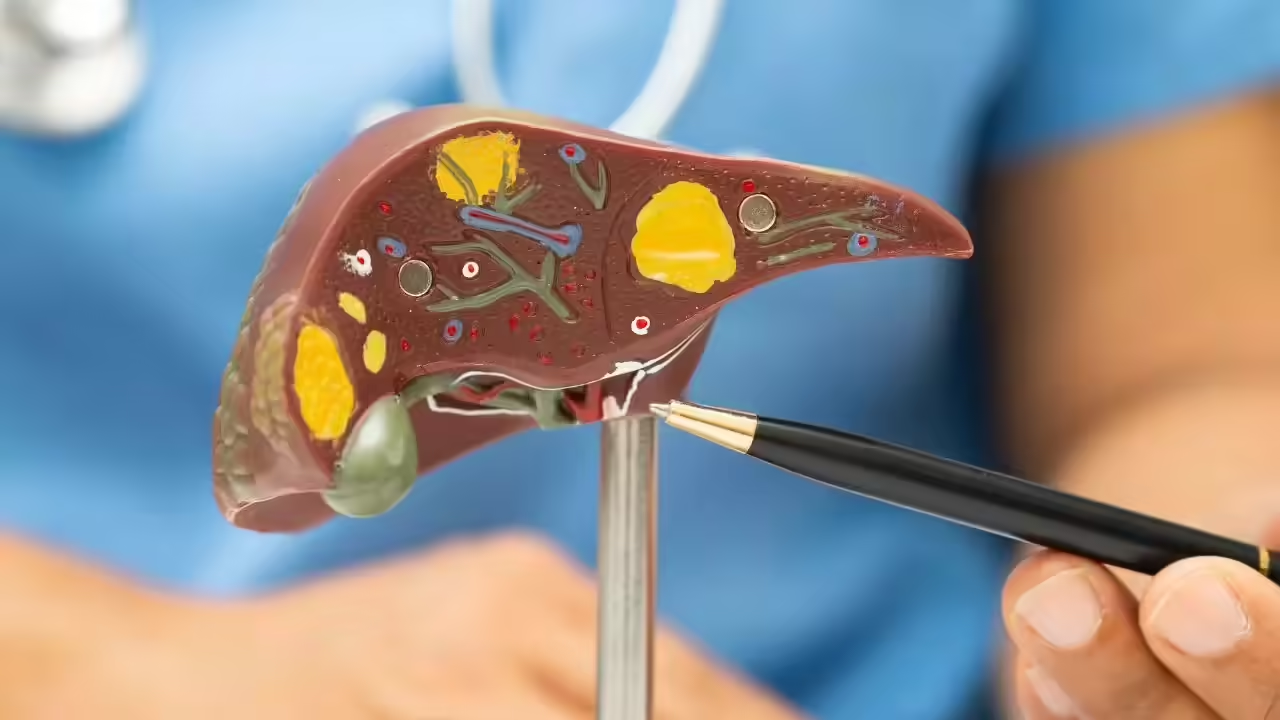
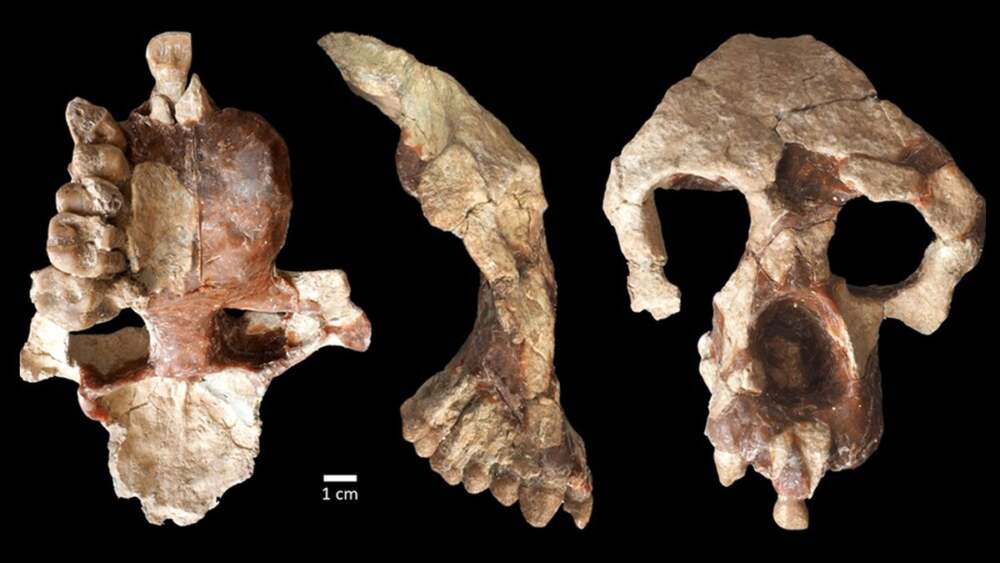



Leave a Reply